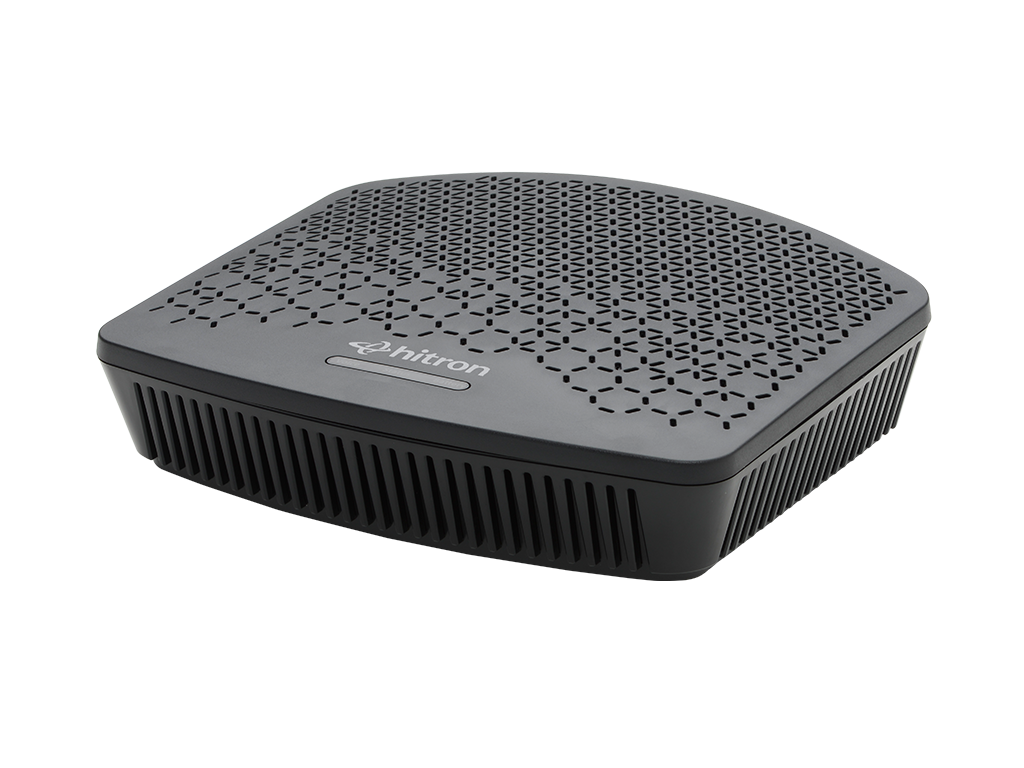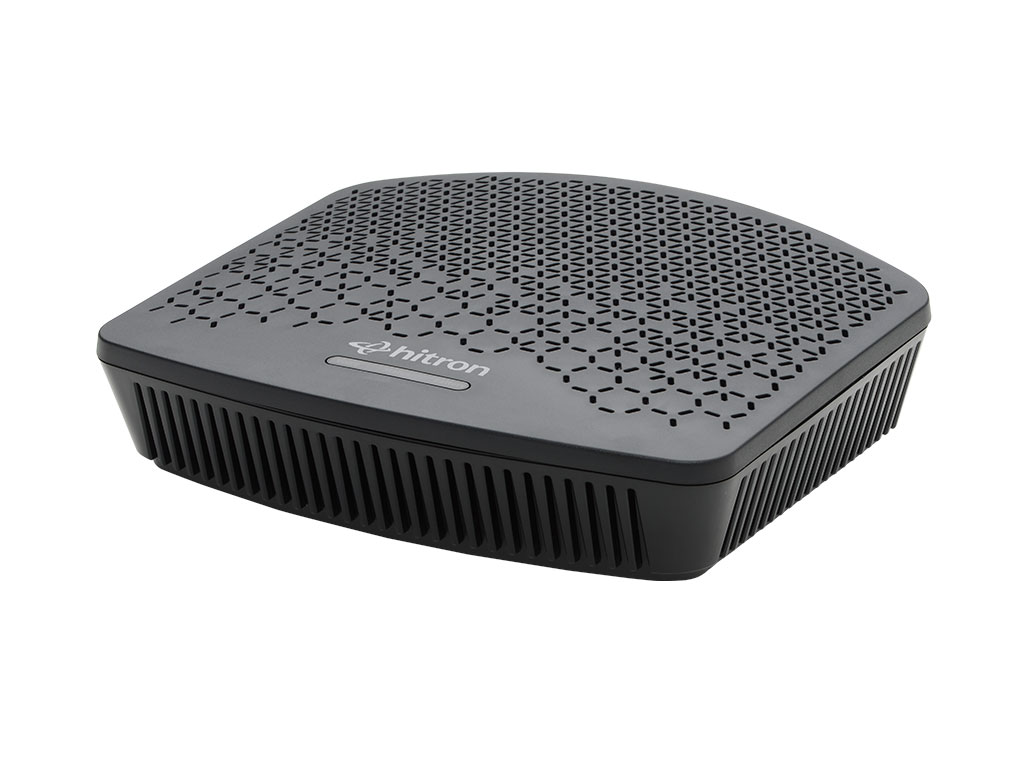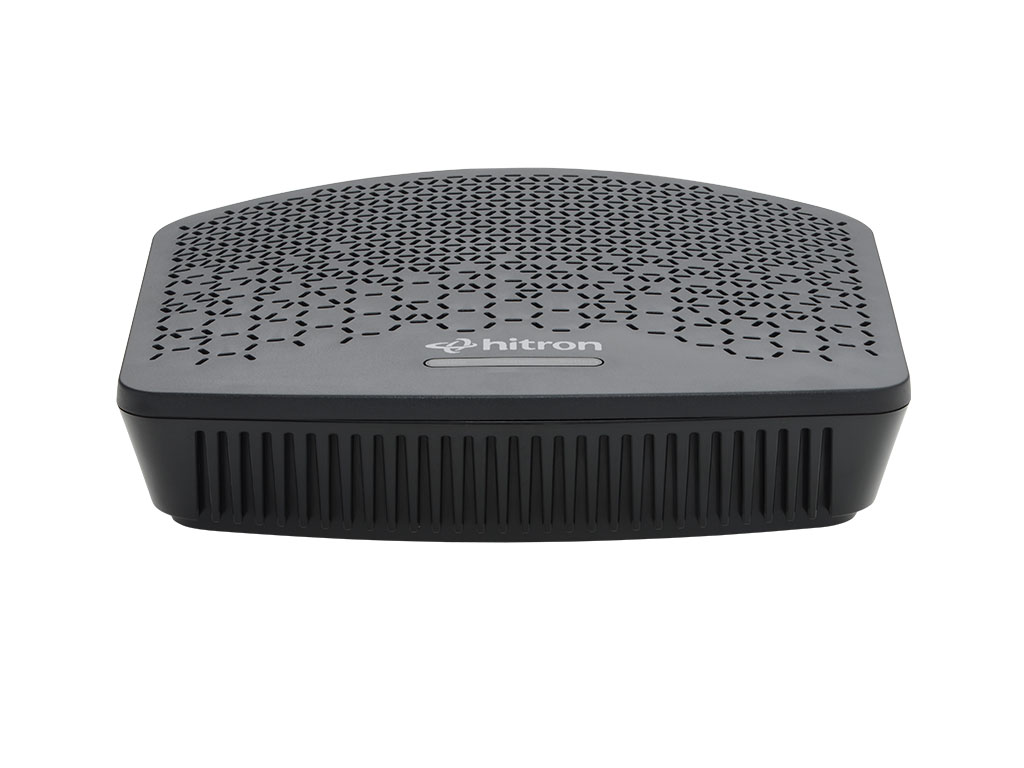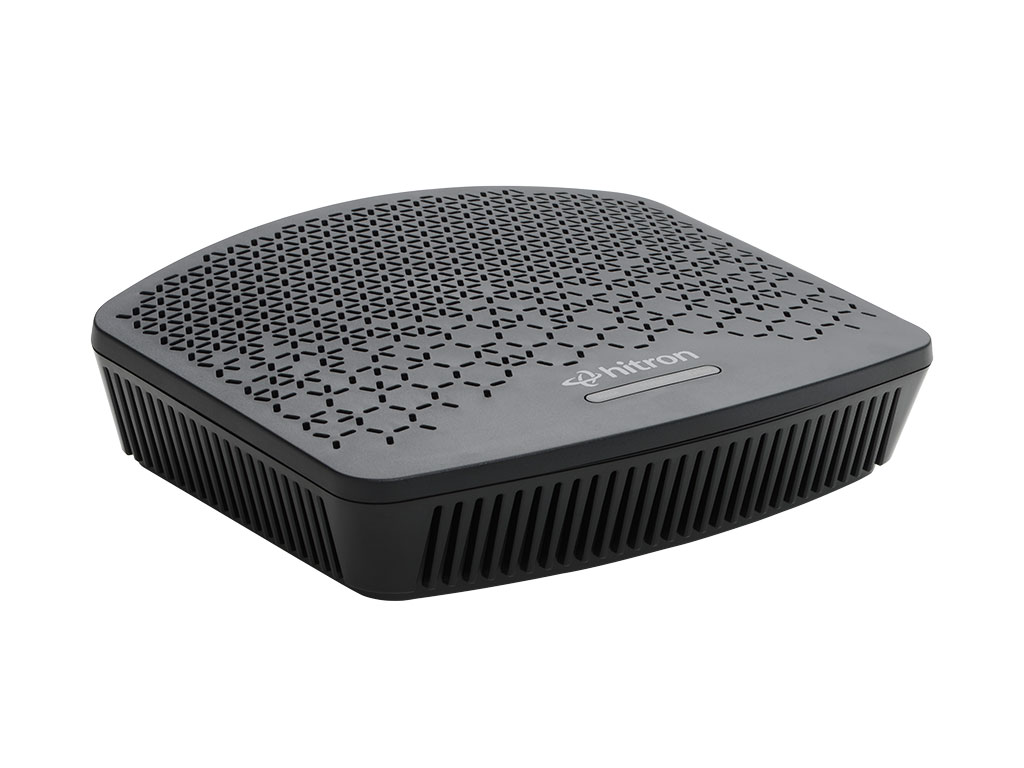Multi-Standard Fiber Support
Compatible with IEEE 802.3av 10G-EPON, ITU-T G.987.2 XG-PON, and ITU-T G.9807.1 XGS-PON, giving operators the flexibility to deploy the right solution for their networks.
DOCSIS DPoE 2.0 Support
Seamlessly migrate from HFC to fiber while continuing to use existing DOCSIS provisioning, billing, and management systems.
High-Speed Connectivity
Includes one 1/2.5/5/10GBASE-T Ethernet port and one Gigabit Ethernet port for versatile wired device support.
Benefits for Service Providers
- Future-Proof Deployments: Supports multiple fiber standards to meet evolving network requirements.
- Seamless Transition to Fiber: DOCSIS DPoE 2.0 compatibility makes upgrading networks easier.
- Operational Efficiency: Remote configuration, IEEE 802.3ah OAM, and extensive QoS/ACL features reduce support costs.
- Flexible Applications: Suitable for both residential and SMB subscribers needing premium broadband services.
Key Specifications
- PON Interface: IEEE 802.3av 10G-EPON, ITU-T G.987.2 (XG-PON), ITU-T G.9807.1 (XGS-PON)
- Ethernet Ports: 1× 1/2.5/5/10GBASE-T + 1× Gigabit Ethernet
- Provisioning: DOCSIS DPoE 2.0 compliant
- Advanced Features: VLAN tagging, QinQ, jumbo frames (up to 12 KB), QoS, Layer 2 switching (up to 4K MACs)
- Management: IEEE 802.3ah OAM, TR-069, TR-369, TR-181, TR-143, web-based GUI
- Design: Compact ONT/ONU with integrated fiber tray and LED indicators
Documentation
A Complete Portfolio of Fiber ONT/ONUs
Products
Access Technology
XG-PON
XGS-GPON
XG-PON
XGS-GPON
XG-PON
XGS-GPON
XG-PON
XGS-GPON
XGS-GPON
Data Range
Ethernet Interfaces: (1G/2.5G/5G/10G)
One 10/100/1000
One 10/100/1000
One 10/100/1000
DOCSIS DPoE 2.0
Voice
---
Learn more about Fiber Optics, ONTs and ONUs
Fiber Optic Internet – A Complete Guide
This Fiber optic Internet guide will give you high-level information about everything you need to know about Fiber. It should help you understand essential information about how to make your WiFi better and how fiber fits into that. In this article, we will cover:...
5 Key Advantages of PON Internet
PON stands for passive optical network. It is a type of fiber-optic network. A PON Internet (shared fiber) system operates on an unpowered network (passive) meaning that it does not require any active components. Instead, it only uses fiber and passive components like...
Does FIOS use Ethernet or coax?
Short answer, FiOS users fiber-optic cables to reach your home. A passive optical network (PON) can bridge to a devices on the customer premises within the individual terminating unit using technologies such as Ethernet or coaxial cables. In other words, the devices...
What is the Difference Between EPON and GPON?
What You’ll Learn If you're comparing EPON and GPON, you’re likely working with or exploring fiber-based Internet networks. This article breaks down the difference between the two technologies, how they work, and what matters most for ISPs and end-users. And if you're...
What is GPON and How Does it Work?
Optical fiber networks operate on different passive optical network (PON) standards. A PON is a network system specific to fiber technology that delivers broadband network access to your home or business. One of many PON standards is GPON. GPON stands for Gigabit...



